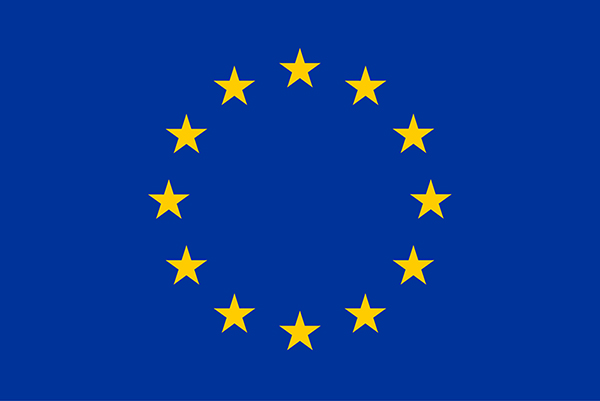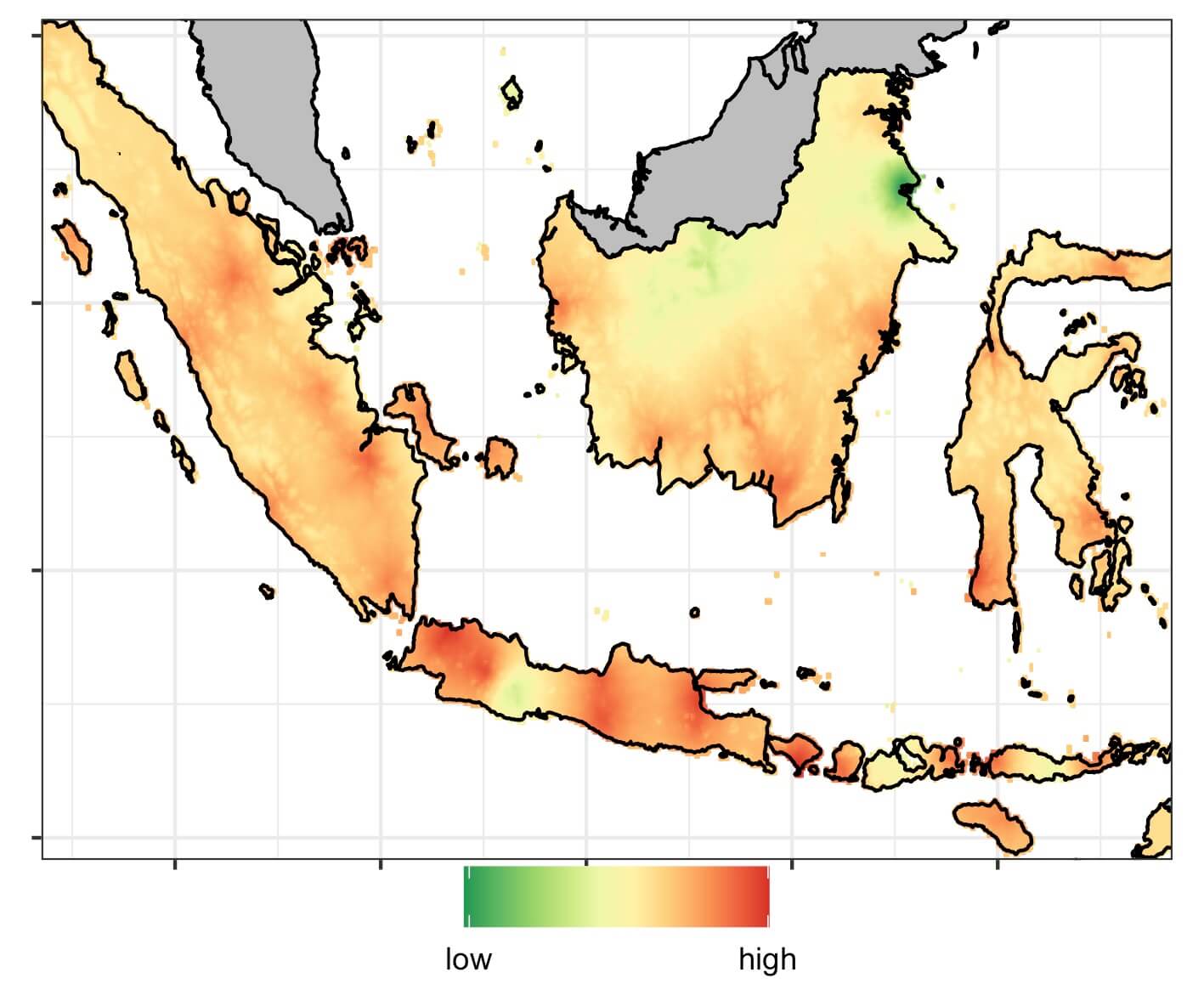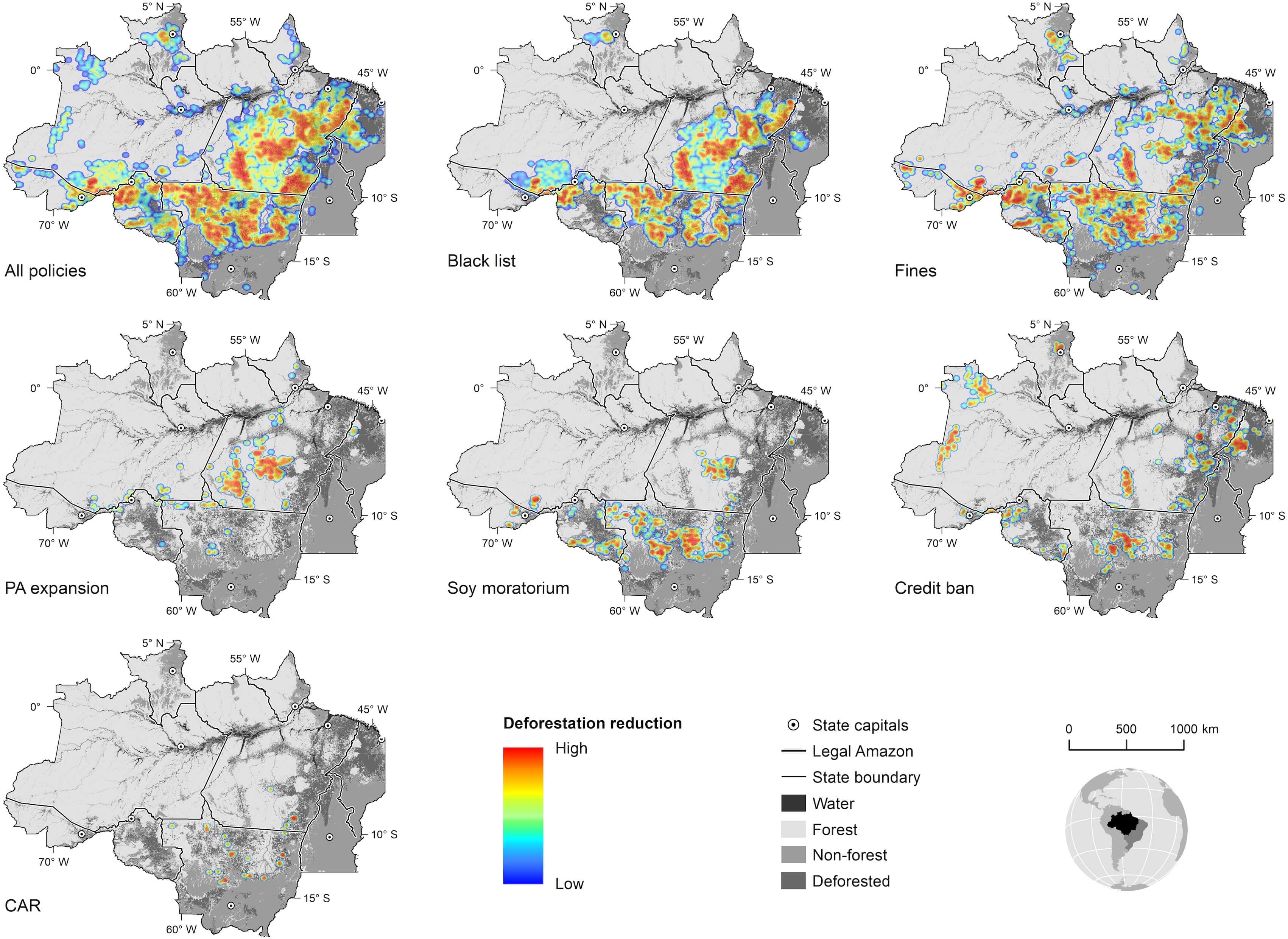
From human to planetary health: Global land-use impacts of the COVID-19 pandemic
This project has received funding from the European Union’s Horizon 2020 research and innovation programme under the Marie Sklodowska-Curie (MSCA) grant agreement No 101031461, www.planet-health.eu.
A MSCA Individual Fellowships project in collaboration with Prof. Krisztina Kis-Katos (University of Göttingen) and Prof. Eugenio Arima (University of Texas at Austin).
Summary
Germany summary below.
The COVID-19 pandemic is likely the most quickly and widely spreading global crisis of our times. Caused by a nature-borne disease, this crisis is introducing a new level of urgency to the worldwide discussion on sustainability and planetary health. Illness, death, economic uncertainty and governmental shut-downs reshape agricultural incentives all the way to the global forest margins. This project investigates the effects and mechanisms of the COVID-19 crisis on forest dynamics at the global and local level. It combines a global grid-based data set (5-by-5 km) of high-frequency spatial data on forest outcomes (losses, fires, fragmentation) with spatialized ex-ante COVID-19 exposure measures. Changes in economic incentives across space are measured with global crop suitability maps and world market crop price fluctuations. At the local level geocoded survey data serves to analyze the labor market mechanisms at play. The mechanism analysis highlights the transmission effects along industry types (e.g., agriculture, tourism, services) and household characteristics (e.g., education, female labor participation). The effects on forest landscapes are expected to be spatially diverse, depending on bio-physical, economic, and political conditions. This project advances the environmental economics science by combining geographical and ecological approaches with quasi-experimental econometric methodologies. Relying on modern shift-share evaluation designs will allow for a causal quantification and subsequent spatialization of the COVID-19 impacts on forest landscapes. As part of a global strategy to safeguard human well-being and health, the protection of the worlds’ natural forests is becoming increasingly valuable. This project will inform such conservation strategies by investigating the dynamic relationship between health, shocks, and forest losses. Understanding the heterogeneous pathways will generate valuable information for stakeholders who aim to mitigate the environmental effects of the current pandemic and to identify the strategies for tackling future crises.
Zusammenfassung (German summary)
Von der humanen zur planetaren Gesundheit: Globale Auswirkungen der COVID-19-Pandemie auf Landnutzung: Die COVID-19-Pandemie ist wahrscheinlich die sich am schnellsten und am weitesten ausbreitende globale Krise unserer Zeit. Verursacht durch eine von der Natur übertragene Krankheit, gewinnt die weltweite Diskussion über Nachhaltigkeit und Gesundheit auf unserem Planeten weiter an Dringlichkeit. Dabei führen Krankheit, Tod, wirtschaftliche Unsicherheit und Lockdowns zu veränderten Anreizen in der Landwirtschaft bis hin zu den globalen Grenzen bestehender Wälder. Dieses Projekt untersucht die Auswirkungen und Mechanismen der COVID-19-Krise auf die Abholzungsdynamik auf globaler und lokaler Ebene. Zu diesem Zweck wird ein globaler, rasterbasierter Datensatz (5 x 5 km) erstellt mit hochfrequenten räumlichen Walddaten (Verluste, Brände, Fragmentierung) und räumlichen ex-ante COVID-19-Expositionsmaßen. Änderungen ökonomischer Anreize in Raum und Zeit werden durch globale Karten zur Anbaueignung von Nutzpflanzen und deren Preisschwankungen auf dem Weltmarkt gemessen. Auf lokaler Ebene dienen geokodierte Umfragedaten zur Analyse der zu Grunde liegenden Arbeitsmarktmechanismen. Diese beleuchten die Übertragungseffekte entlang von lokal dominierenden Industrien (z.B. Tourismus, Dienstleistung, Agrarwirtschaft) und Haushaltsmerkmalen (z.B. Bildung, weibliche Erwerbsbeteiligung). Es wird erwartet, dass die Auswirkungen auf Waldbestände abhängig von biophysikalischen, wirtschaftlichen und politischen Bedingungen räumlich vielfältig sind. Dieses Projekt erweitert die bestehende umweltökonomische Forschung, indem es geographische und ökologische Ansätze mit quasi-experimentellen ökonometrischen Evaluationsmethoden kombiniert. Mit Hilfe von modernen Shift-Share-Designs wird eine kausale Quantifizierung und anschließende Verräumlichung der COVID-19-Auswirkungen auf Waldlandschaften ermöglicht. Als Teil einer globalen Strategie zur Sicherung der menschlichen Gesundheit und Lebensgrundlage wird der Schutz natürlicher Waldressourcen immer wichtiger. Dieses Projekt wird über solche Schutzstrategien informieren, indem es die dynamische Beziehung zwischen Gesundheit, Schocks und Waldverlusten untersucht. Mit dem Wissen über die ökologischen und wirtschaftlichen Wirkungszusammenhänge werden wertvolle Informationen für Interessenvertreter generiert, welche helfen können die Umwelteinflüsse der aktuellen Pandemie abzuschwächen und bessere Strategien zur Bewältigung zukünftiger Krisen zu identifizieren.
Framework
![]() Figure 1: Annual forest losses in the Indonesian Archipelago. Based on own preparatory work.
Figure 1: Annual forest losses in the Indonesian Archipelago. Based on own preparatory work.
 Figure 2: Ex-ante COVID-19 risk in the Indonesian Archipelago. Based on own preparatory work.
Figure 2: Ex-ante COVID-19 risk in the Indonesian Archipelago. Based on own preparatory work.
![]() Figure 3: Oil palm soil suitability in the Indonesian Archipelago. Based on own preparatory work, showcasing the economic incentives to convert forest landscapes for palm oil production.
Figure 3: Oil palm soil suitability in the Indonesian Archipelago. Based on own preparatory work, showcasing the economic incentives to convert forest landscapes for palm oil production.
 Figure 4 Impact spatialization of Brazils forest conservation policies in the Amazon. Based on own preparatory work.
Figure 4 Impact spatialization of Brazils forest conservation policies in the Amazon. Based on own preparatory work.